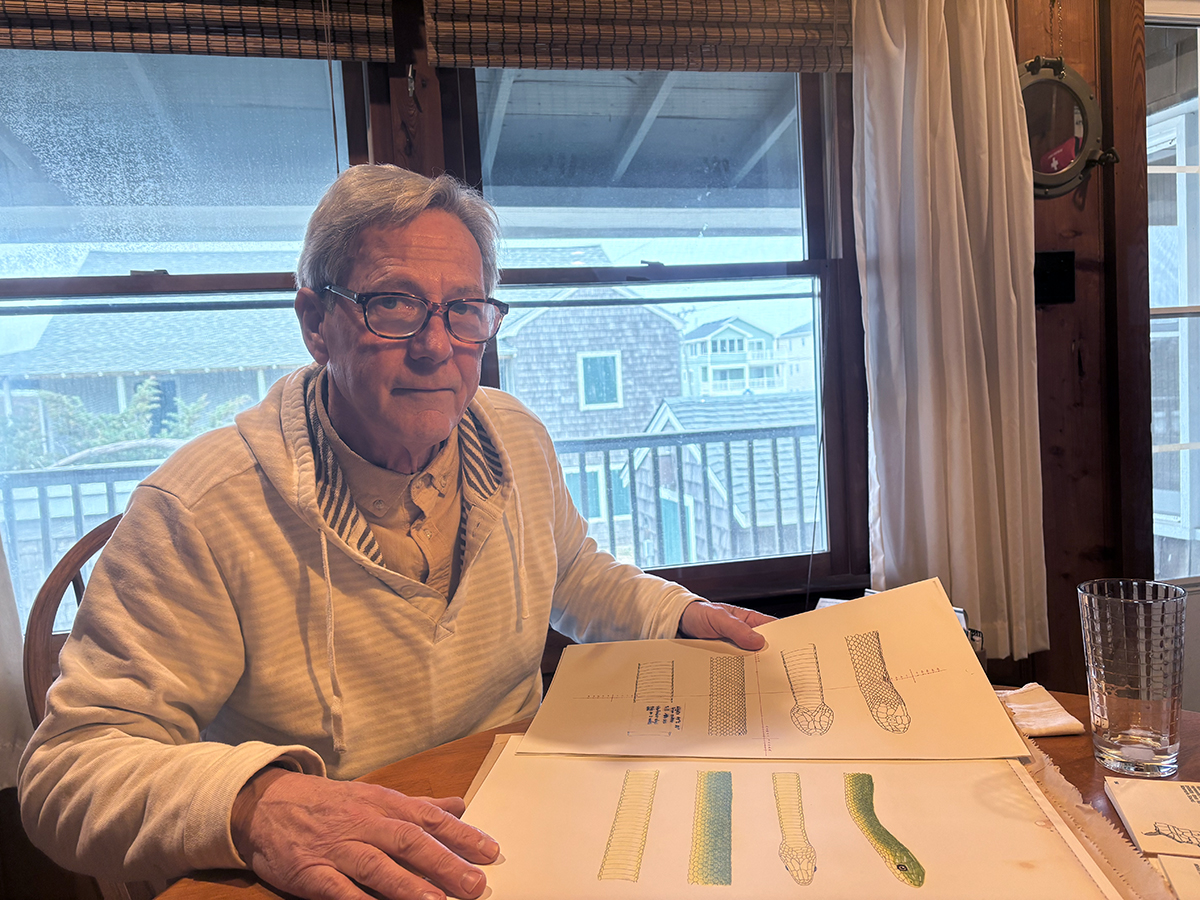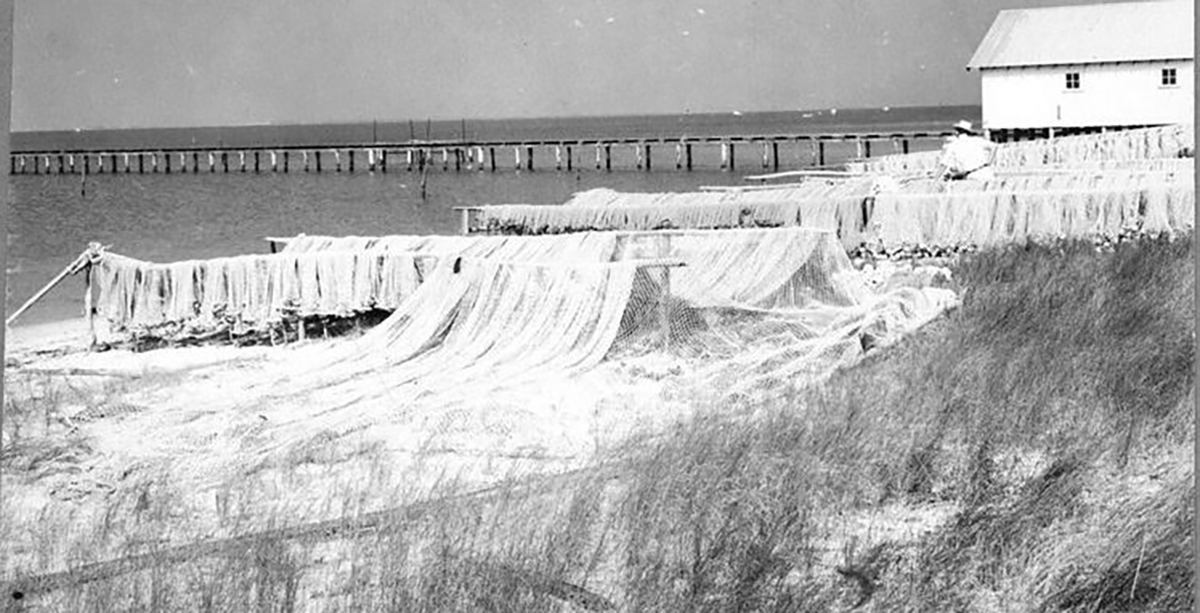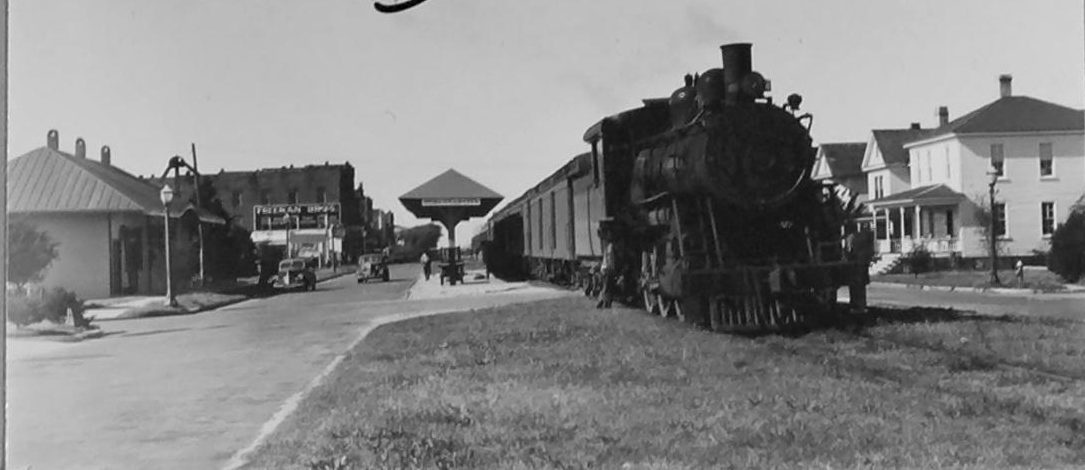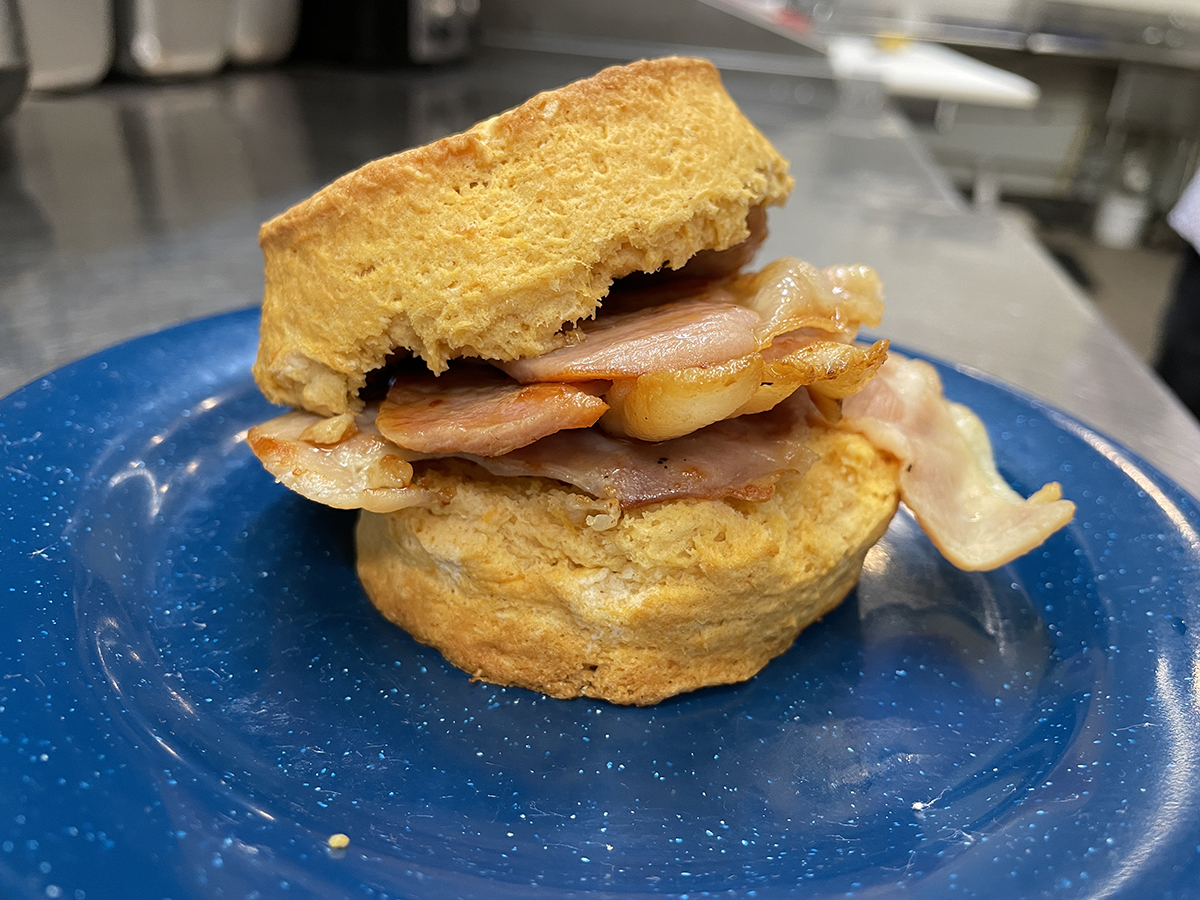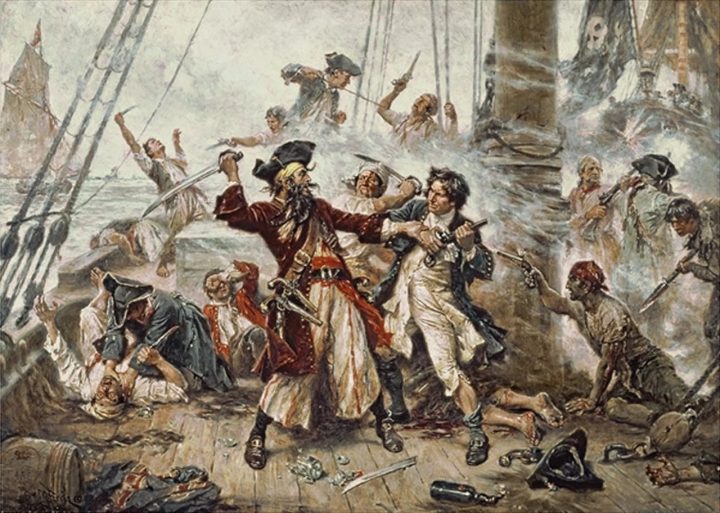
OCRACOKE — On Nov. 22, 1718, two small but well-manned sloops commanded by Lt. Robert Maynard of His Majesty’s Royal Navy approached a ship commanded by one Capt. Blackbeard, also known as Edward Teach, Thach, Thatch, Titche, all names attributed at various times to the pirate captain.
Blackbeard signaled for the sloops to pass, but they responded that they were there for him.“Damnation seize my soul if I give you quarter, or take any from you,” was Blackbeard’s answer to the challenge, according to legend.
The ensuing battle was intense and bloody, but in the end the British Navy prevailed.
Blackbeard died with five bullet wounds and 20 knife and sword wounds, as Maynard discovered while examining the body. Also found was a letter from North Carolina Collector of Customs Tobias Knight, warning Blackbeard that Maynard had sailed from Virginia with orders to capture or kill him.
Disputes over the circumstances and actions that led to Blackbeard’s death began almost immediately and have continued until today. The controversy centers on the legality of the act that sent Maynard to Ocracoke and, perhaps more importantly, why that order was ever issued.
Supporter Spotlight
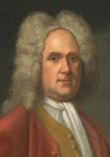
When Maynard attacked Blackbeard, he was acting on orders issued to him by Virginia Lt. Gov. Alexander Spotswood. The governor, however, had no legal authority to order any action in North Carolina or any other of the British Colonies.
The Colonies were a factious lot with various forms of governance. Virginia, a crown colony, was considered an extension of the king and was governed by the laws of England. North Carolina was a proprietary colony, a business venture wholly owned by one of the lords proprietors.
To the lords proprietors, their American holdings represented an opportunity for unimaginable wealth, and as far as they were concerned, the less investment they had to make the more income would flow into their coffers.
The differences between Virginia and North Carolina were stark. Virginia, with a well-established functioning government, was able to protect individual property rights, invest in infrastructure and was one of the wealthiest of the colonies. Although proprietary colonies operated under the general laws of England, there was very little investment in enforcing those laws, contributions to infrastructure were minimal and in the case of North Carolina, the result was the colony was probably the poorest of the British holdings.
Nonetheless, regardless of any social or economic differences that may have existed between colonies, British law prohibited one colony from taking enforcement action in another without the express permission of the governor or his council. Neither North Carolina Gov. Charles Eden nor anyone on the colony’s council had asked for Virginia’s aid in dealing with Blackbeard.
Spotswood’s order to Maynard was therefore illegal and he knew it, and in February 1719, attempting to justify his actions, he wrote to Lord Cartwright, or Lord John Carteret, then-proprietor of North Carolina.
“I cannot be unconcerned when any Dangers Threaten the King’s Subjects in that Neighbourhood, I hope the part I have lately acted in Rescueing the Trade of North Carolina from the Insults of Pyrates upon the Earnest Solicitations of the Inhabitants there …”
North Carolina authorities had a very different view.
“There seems to be a great deal of malice and design in their management of this affair …” Thomas Pollock wrote to Eden in December 1718. Pollock had been the acting governor during the period after the previous governor had died and before Eden arrived from England.
Author Kevin Duffus, whose 2013 book, “The Last Days of Black Beard the Pirate,” overturns many traditional views of the pirate, agrees with Pollock’s assessment.

“It was a failed coup d’etat,” Duffus said in a recent interview.
Duffus’ view is somewhat of an outlier, but if not a failed coup, Spotswood’s actions were at the very least a remarkable foray into North Carolina’s political cauldron.
The failure of the lords proprietors to protect property and family from Indian raids during the Tuscarora War that had just ended three year earlier coupled with the lack of investment to improve towns, roads and ports created a powerful political faction that favored North Carolina becoming a crown colony.
After the Queen Anne’s Revenge ran aground in Beaufort Inlet in June of 1718, Blackbeard moved to Bath, the provincial capital, and sought a pardon from Eden under the terms of a royal decree granting all pirates a general pardon. To the crown colony faction, the governor was coddling a known criminal who was a direct threat to an already weakened trade network. To government officials, though, Blackbeard and the crew that came with him to Bath represented an infusion of money and battle-hardened men whom could be called upon if the Indians rose up again.
It is possible that the pardon and Blackbeard himself would not have ultimately been controversial if he had remained in Bath as a member of the landed gentry. But he did not and instead returned apparently to his old life.
Sometime in late August, using his sloop Adventure, Blackbeard was in the Caribbean, where he seized two French ships. He loaded the crew of both ships onto one vessel and sent it on its way and sailed the other back to North Carolina where he claimed its cargo of cocoa, sugar and other items had been found in an abandoned vessel.
A Vice Admiralty Court was convened with Knight presiding. The ship was abandoned, the court found and awarded itself and Eden, as the governor of the colony, a portion of the cargo, with the rest given to the crew.
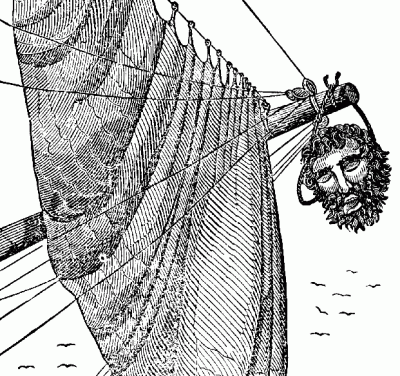
The faction seeking to dissolve the proprietary charter reached out to Spotswood, sending him an affidavit from a North Carolina resident who had been accosted by Blackbeard. The governor mentioned that affidavit in his letter to Carteret, although there is no record of the affidavit beyond Spotswood’s mention of it.
Led by prominent plantation and landowners Maurice Moore and Edward Moseley, the crown colony strategy was apparent if unspoken, according to Duffus.
“Their strategy was … any Colonial officer who failed do protect their subjects would lose their charter,” Duffus said.
If the proprietor colony lost its charter, ownership of the land would revert to the king, creating a crown colony.
Moseley and Moore went so far as to break into the office of the secretary of the state seeking evidence of collusion between Knight, Eden and Blackbeard in December 1718. There was no evidence, and the burglars were found guilty and fined.
Blackbeard’s death was probably mourned or at least regretted in some parts of North Carolina. Knight, especially, seemed to have been profiting from his relationship with the pirate. In North Carolina, the goods Blackbeard landed were sold at below the usual price, and in a colony as poor as North Carolina was at the time, that was seen as a benefit.
Others held a different view. Quite a number of the plantation owners saw his death as a boon to their interests. When seeking a place for his pardon, Blackbeard sailed past South Carolina, where he had held Charleston hostage. His foray into piracy in Delaware Bay resulted in an arrest warrant from the governor of Pennsylvania.
Yet Spotswood’s actions, while applauded in certain circles, clearly exceeded his authority, raising questions about his motivations, according to Duffus.
“Blackbeard was not just a pawn, but a failed political coup,” Duffus said.



